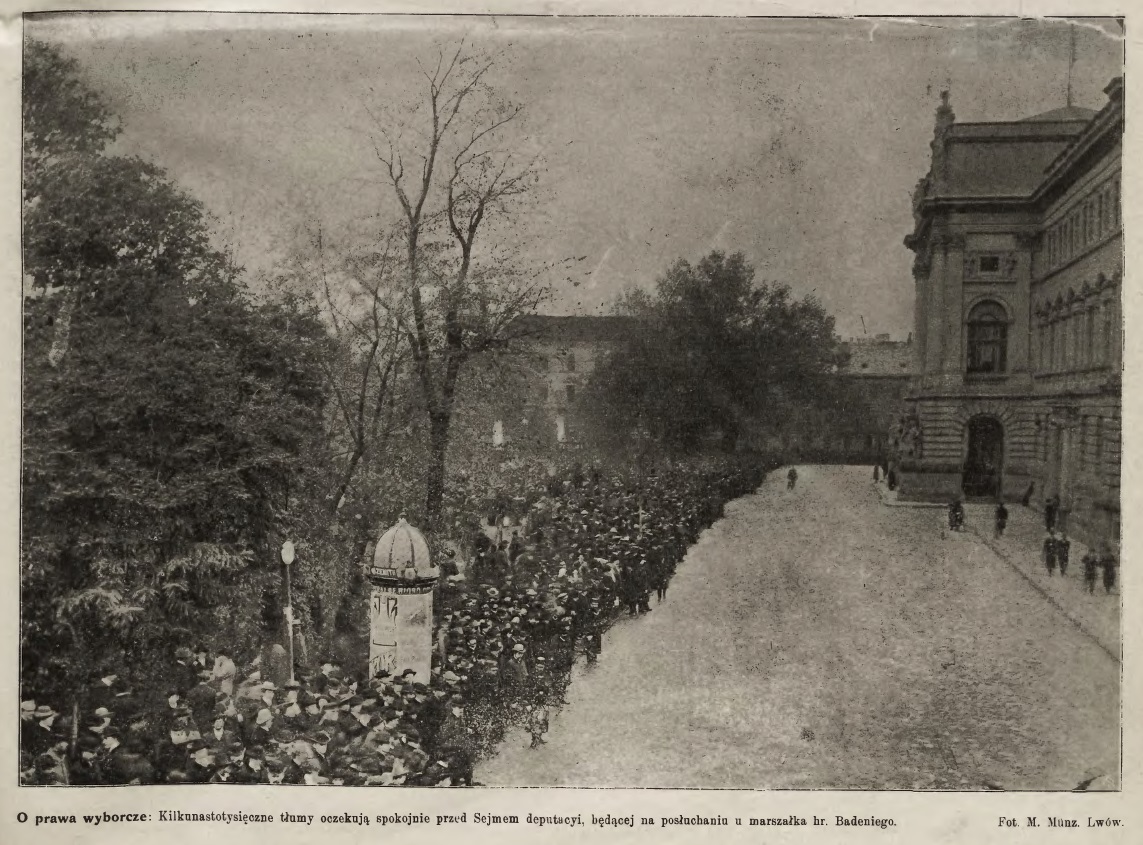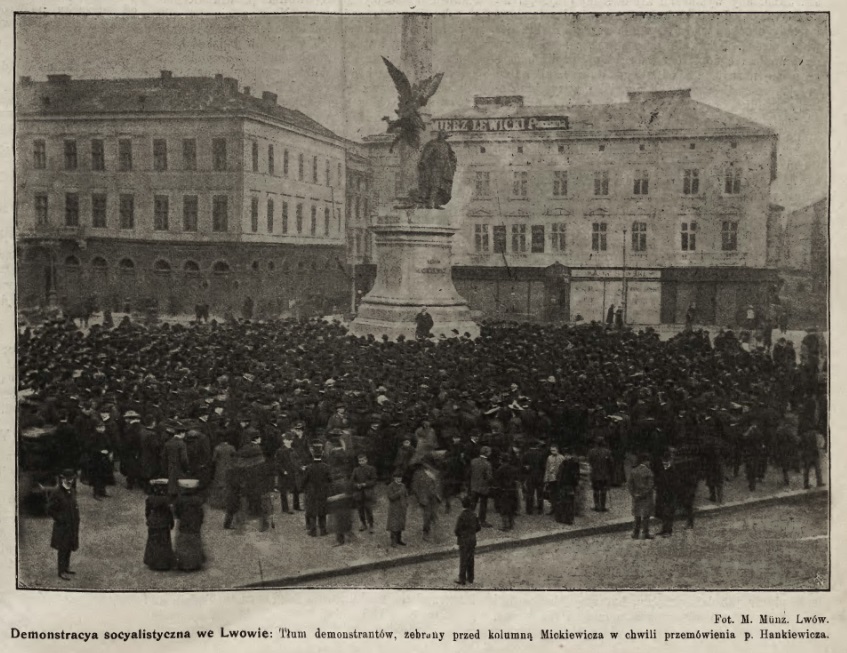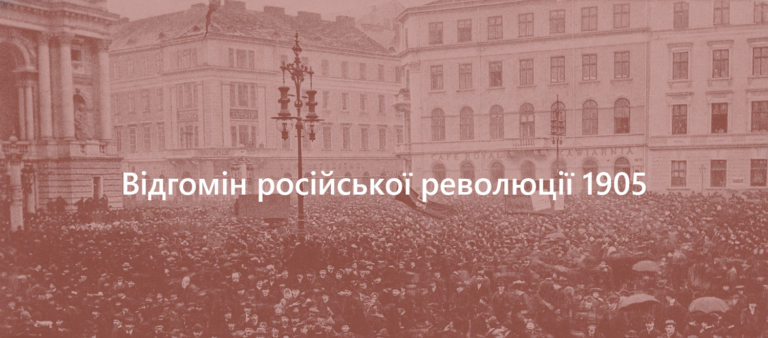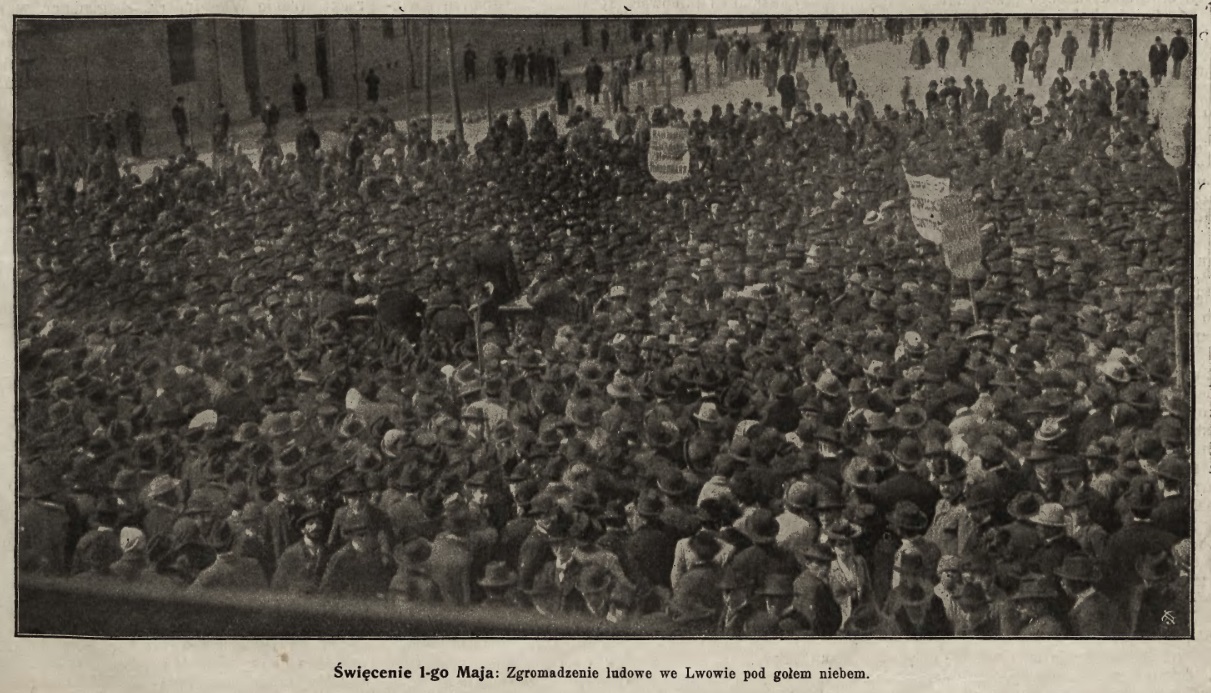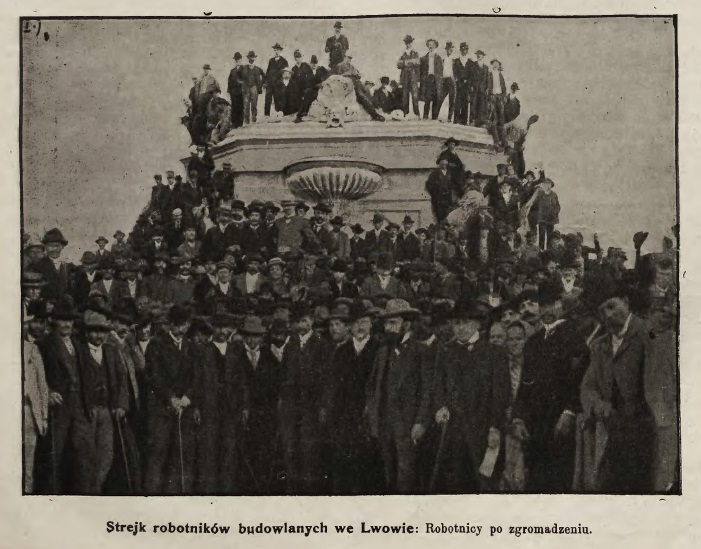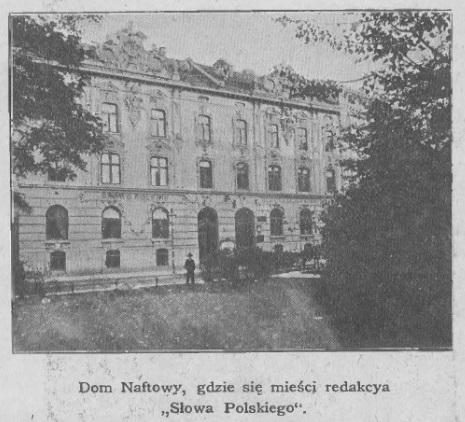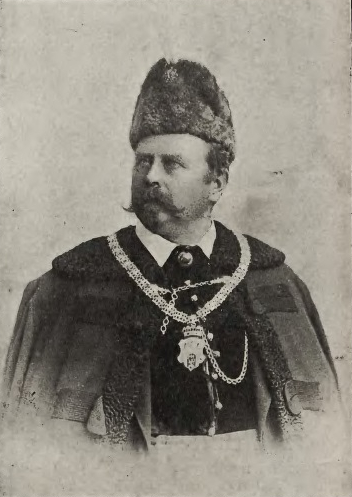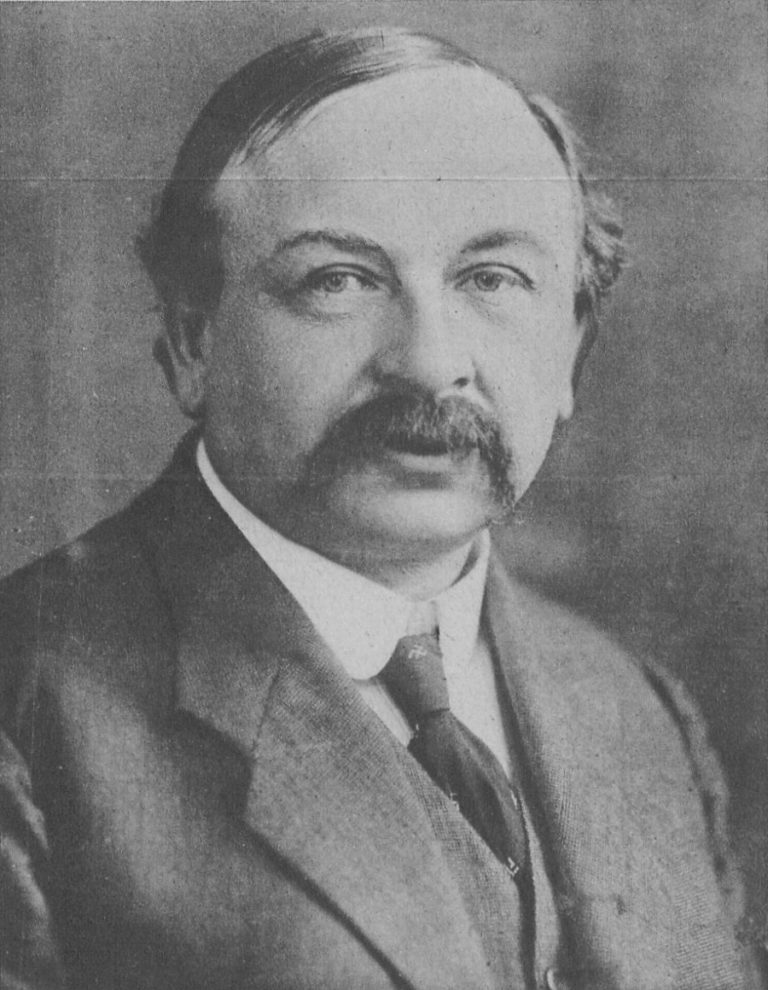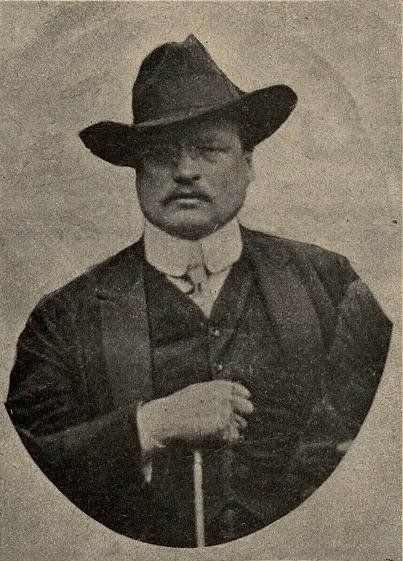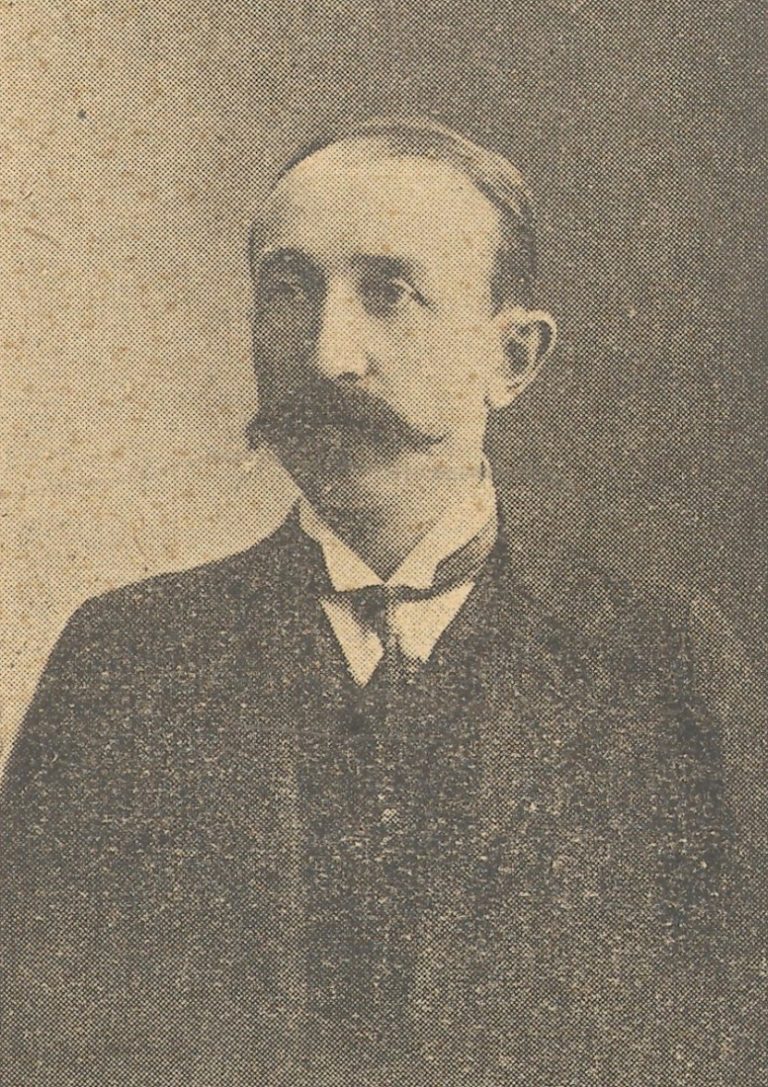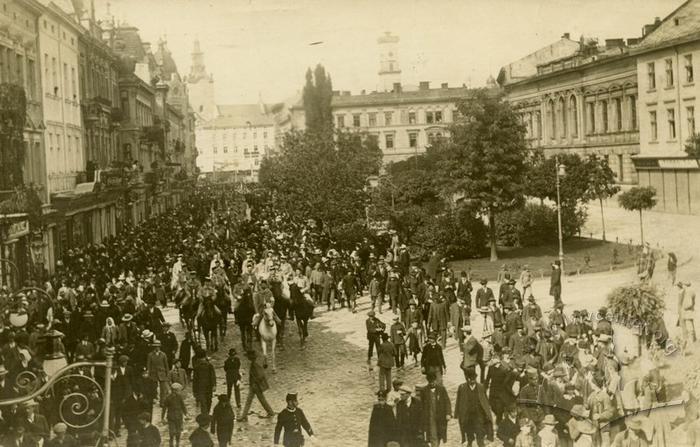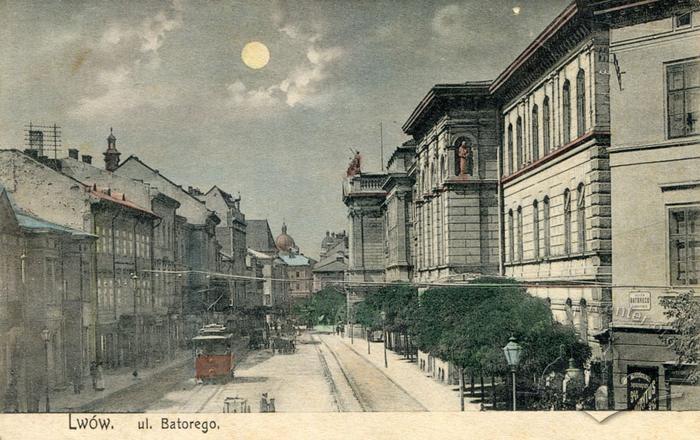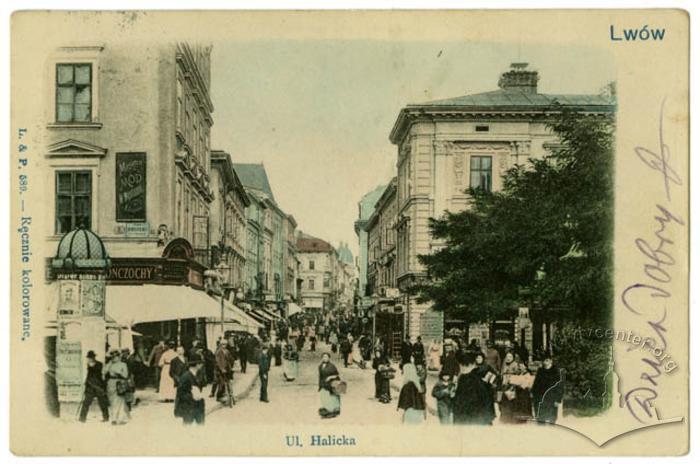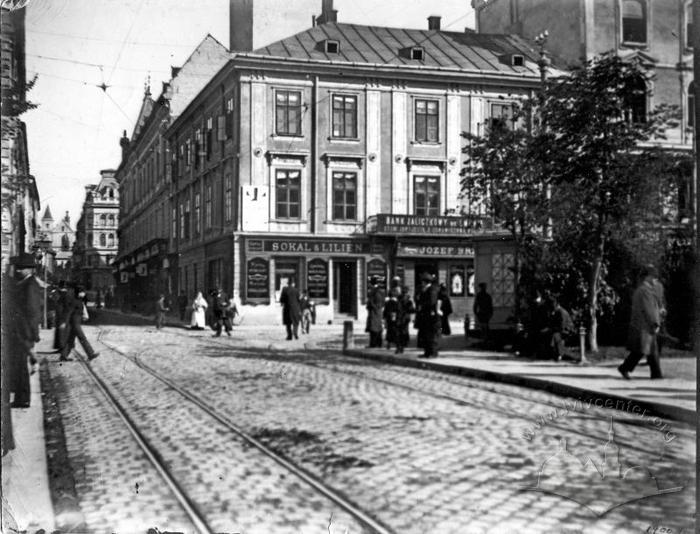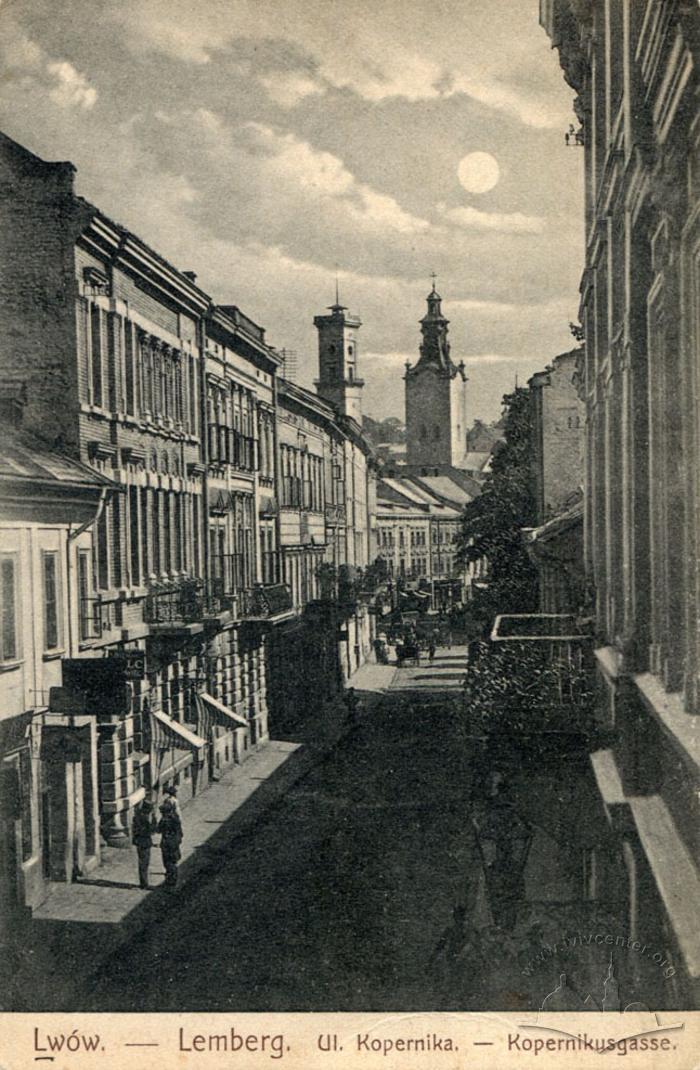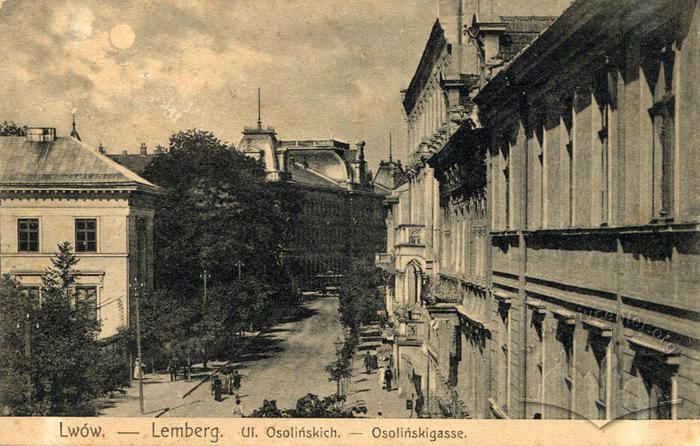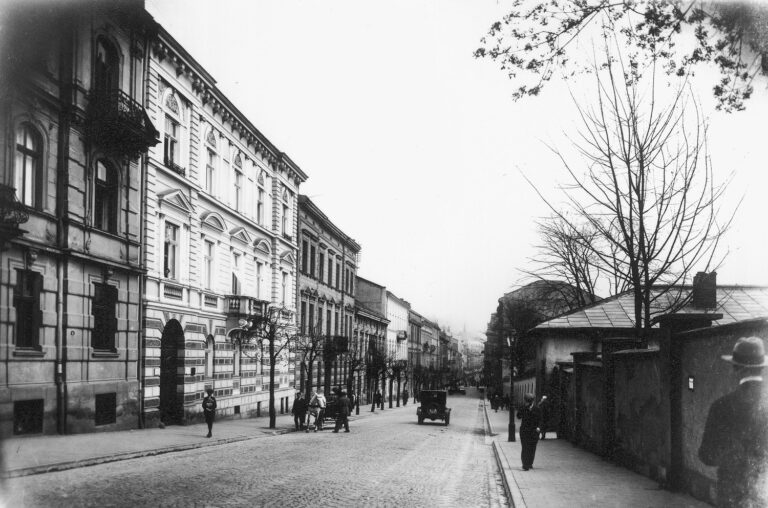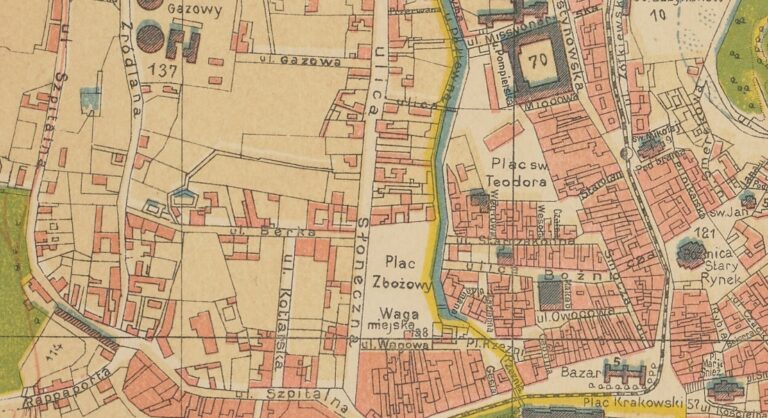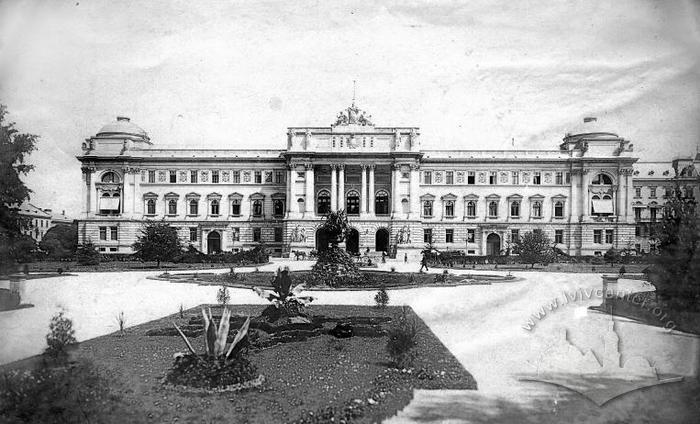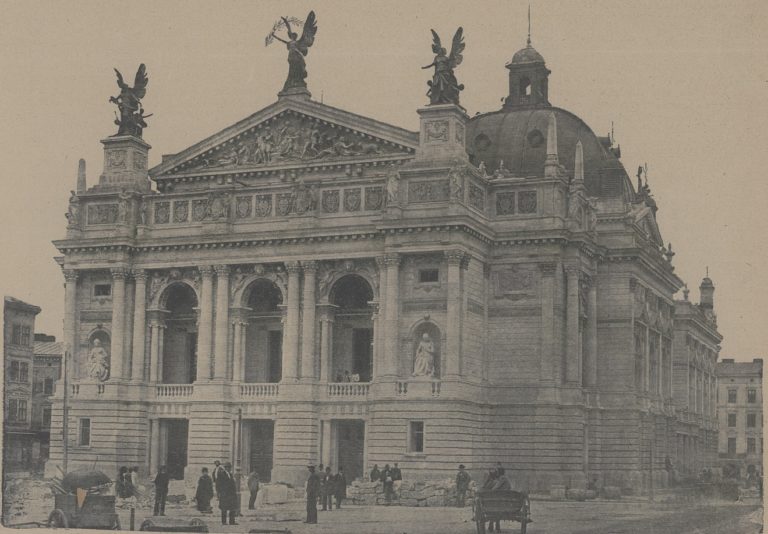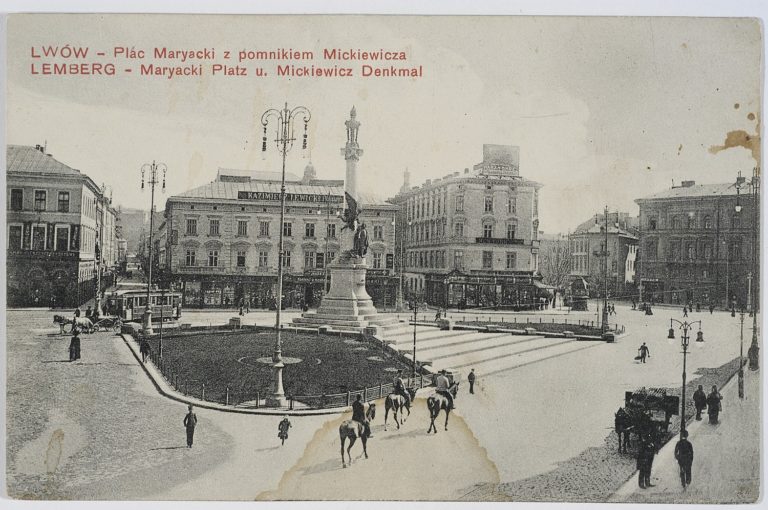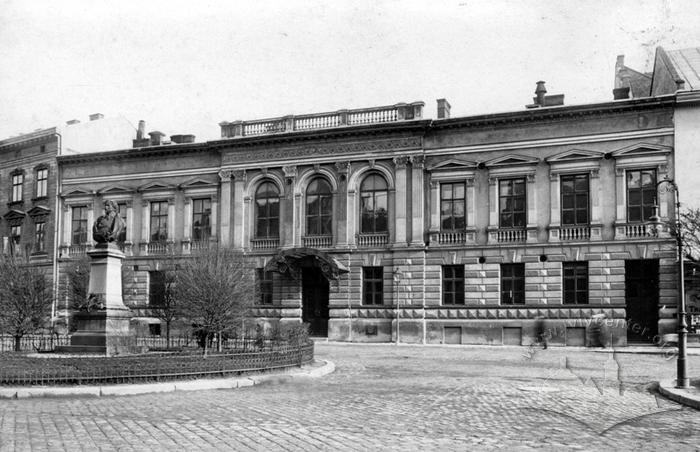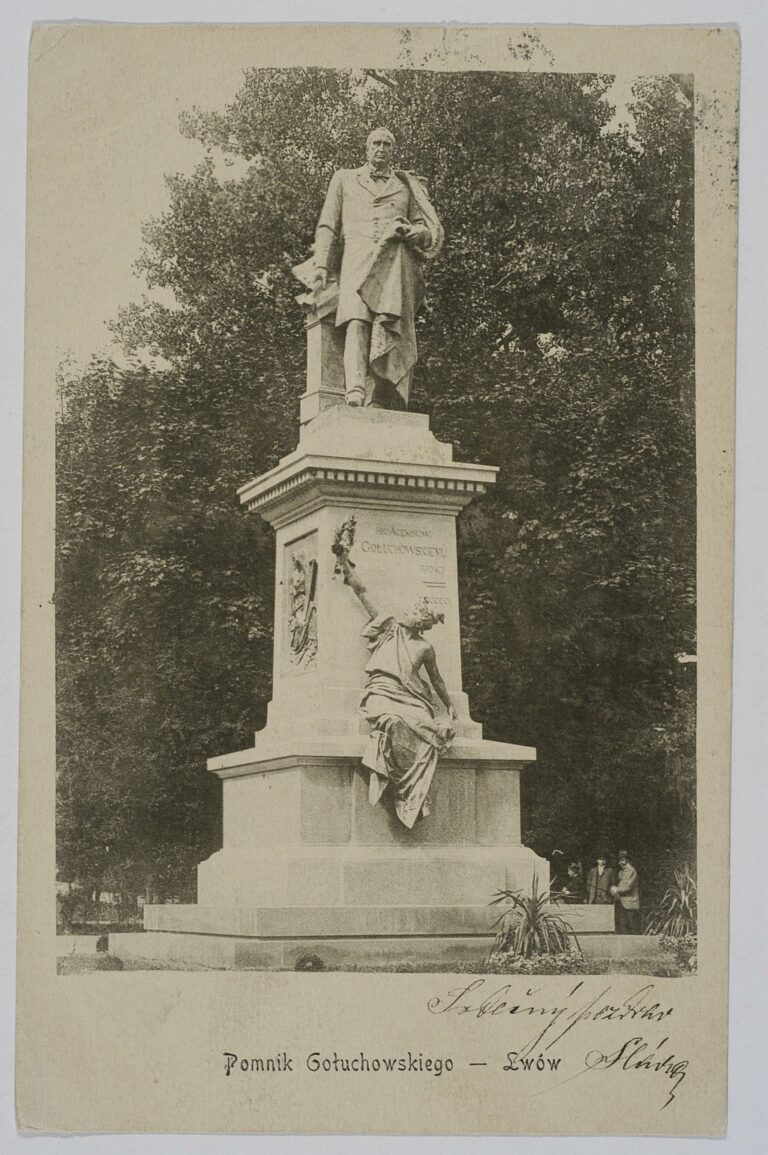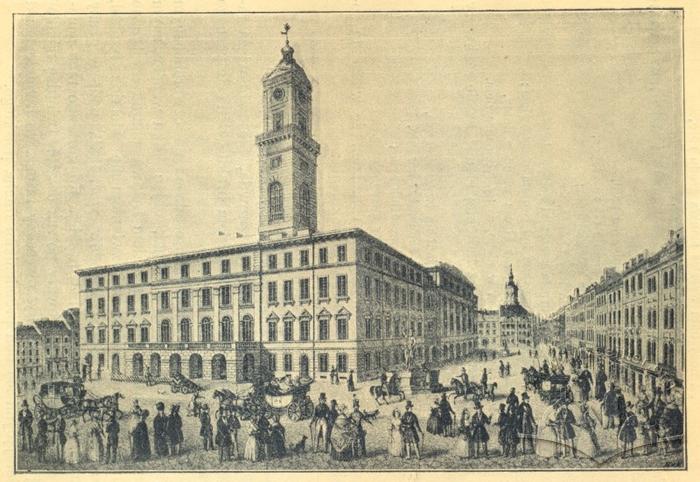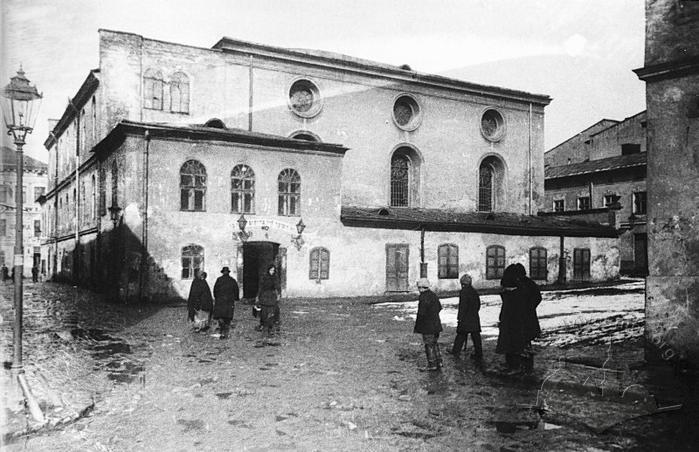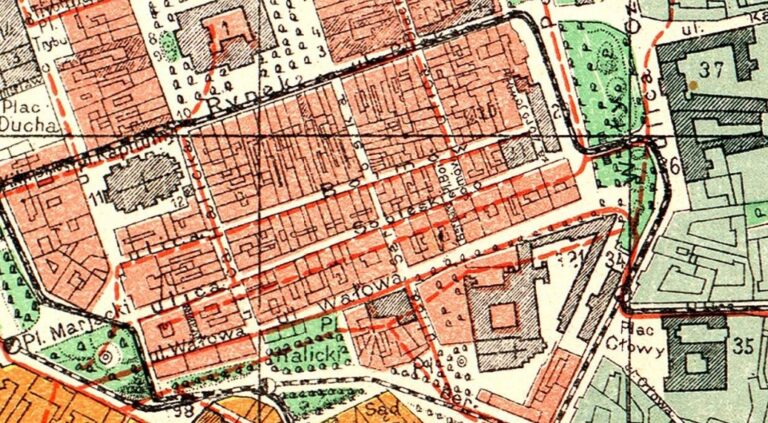In the autumn of 1905, the October Manifesto on the "gift" of the constitution was announced in Russia. On the one hand, it instigated Austrian politicians to demand reforms in Austria as well. On the other hand, the Russian constitution was not supposed to be valid in the rebellious Kingdom of Poland, so Polish activists in Galicia also held actions of solidarity with the Poles of the Russian Empire.
On November 28, 1905, the Austrian Prime Minister reported to the State Council about the electoral reform. With certain reservations, he spoke in support of universal suffrage. In the end, the implementation of the reform took more than a year, and after the adoption of the relevant laws by the State Council and the House of Lords, elections by direct, secret and universal suffrage took place as late as 1907.
Before that, in November 1905, the topic of electoral reform was extremely relevant. The Polish Social Democrats (PPSD), as in the case of the strikes held in Lviv in 1905, were able to verbalize clear demands and mobilize their supporters. Solidarity actions with the protests in Warsaw added to the patriotism of this action. Such a position stood out favourably against the background of the nationalists' events by the elementary presence of the ultimate goal of the protests, i.e. universal, direct, secret suffrage. The time and place for the demonstrations were also successfully chosen: under the building of the Diet (Sejm), when the election legislation was discussed there or on the day of the prime minister's speech in the parliament, when simultaneously with rallies in Vienna, Prague and other large cities of the empire, the social democrats organized a demonstration and a one-day city-wide strike in Lviv.
The activities of the Jewish social democrats, who in November 1905 operated in Lviv completely separately from the PPSD, also deserve special attention.
Rallies in early November
On Sunday, November 5, in the morning, meetings were held in 14 workers' associations. There, issues of electoral reform were discussed and the conservative position of the majority in the Galician Diet (Sejm) was criticized. At noon, the participants of these meetings approached the monument to Adam Mickiewicz, where the Social Democratic Party organized a rally.
The main attraction of the rally was not the speeches of Mykola Hankevych, Semen Vityk or Herman Diamand but the appearance of red flags among the crowd. The police did not succeed in confiscating these flags neither on pl. Mariacki, nor at the City Theater, nor at the Galician Savings Bank, where the demonstrators approached, occasionally jostling with the police.
Meanwhile, the main forces of the police were on duty from morning till late evening on ul. Ossolińskich and ul. Kopernika to prevent a march to the Russian consulate, as well as around pl. Dąbrowskiego, near the editorial office of the newspaper Słowo Polskie, which had repeatedly suffered from demonstrators for its stance on the revolution in Russia.
On Monday, November 6, in the "Danko’s hall" on ul. Szajnochy, the social democrats convened another meeting regarding the election legislation. About 1,500 people came, so there was not enough room for everyone in the hall. So, while Mykola Hankevych and Herman Diamand were talking inside, a ladder was placed against a street lamp on the street, from which students spoke.
At 21:15, the rally ended and part of those present (about 800 people) went to the Rynok Square, singing the workers' anthems "Red Flag" ("Czerwony sztandar") and "O cześć wam, panowie." They passed through ul. Sykstuska, ul. Kilińskiego and pl. Kapitulny without any incident, although the column was joined by fresh participants along the way. On the Rynok Square Herman Diamand urged everyone to disperse, but only a small part of the crowd obeyed to him.
Most of the protesters went to ul. Krakowska, where they decided to sort out their relationship with the two police commissioners who traditionally accompanied such events. The commissioners were rescued by a mounted police unit, which dispersed the demonstrators with their sabers. They retreated, regrouped and started throwing stones and bricks at the police. A foot police unit approached and, together with cavalrymen, forced the protesters to disperse. As a result, two protesters were wounded with sabers, one policeman was also injured.
After that, the demonstrators left along the following route: ul. Galicka, ul. Batorego, ul. Akademicka, the monument to Ujejski, pl. Mariacki. In the end, the police managed to disperse the crowd as late as 23:00. One of the protesters was arrested for insulting a representative of the authorities.
Jewish demonstrations in November 1905
On Saturday, November 11 (the day when the City Council celebrated the 250th anniversary of the siege of Lviv by Bohdan Khmelnytsky’s army and the day before the police dispersed a Ukrainian demonstration on this occasion), the Jewish social democrats organized a rally on pl. Zbożowy (now pl. Zernova). They talked mainly about the workers' struggle in Russia and about the suffrage in Austria. After the rally, they decided to walk through the Jewish quarter with three red flags and the sign "Ż.P.S.D." (Jewish Social Democratic Party). The march was dispersed by the police, a gymnasium student was wounded with a saber, and a worker was arrested.
In November, the Jews of Lviv also honoured the victims of pogroms in the Russian Empire. Initially, representatives of workers' and students' associations gathered on ul. Rzeźnicka (in the premises belonging to one of the associations), from there they went to a synagogue for a divine service. At the head of the column a black flag was carried with an inscription in Yiddish reading: "The voice of our brothers’ blood cries out for the destruction of the tsarist regime — the Poalej Zion organization." Mourning services were held in the Tempel synagogue, in the synagogues on ul. Sobieskiego and ul. Bożnicza. Jewish socialists also gathered near the Tempel. From there, the march (under a black flag) went through pl. Krakowski, pl. Gołuchowskich and ul. Kazimierzowska to the premises of the Poalej Zion Society on ul. Słoneczna. Another rally was held there. The participants criticized the Russian government, showed their support for the revolutionaries, sang Zionist songs and the "Red Flag." Though someone mentioned anti-Semitic leaflets in Lviv, the action passed peacefully and calmly. The police were on duty near the Tempel and near the Russian consulate.
Demonstration in front of the Diet when the electoral reform was discussed there
On Thursday, November 23, when the Galician Diet (Sejm) was debating the electoral reform, the social democrats organized a demonstration of several thousand in front of the building. Since the issue was topical, not only workers or sympathizers of the PPSD but also many supporters of the reform joined the demonstration. Herman Diamand, Mykola Hankevych and Semen Vityk criticized the Diet majority, which did not support progressive changes, predicted the end of the political leadership of conservative politicians, and called on the workers to put more pressure on the province’s "nobility’s economy." It is noteworthy that this time Semen Vityk spoke in Ukrainian, which the populists did not fail to mention in their press (hinting that Semen Vityk often used Polish).
Finally, the participants sang the anthem "Red Flag" and marched to the monument to Mickiewicz. From there, after Herman Diamand's speech, they dispersed without any excesses.
General strike and rally on Tuesday, November 28, 1905, on the day of the Prime Minister's speech in Parliament
On Sunday, November 26, the social democrats held a preparatory meeting. The organizers of Tuesday's rally planned to organize a general one-day strike in Lviv, with the shutdown of shops, taverns, and even trams and railway. The idea was supported by butchers, bakers, tinsmiths and other workers (who discussed the strike in their associations). The butchers, for example, decided to work on Monday for the whole day in order to devote the first half of Tuesday to the rally. The bakers decided to finish work on Tuesday morning. The organizers also agreed on a performance in the City Theater for workers, which was planned to be held in the afternoon.
From 7:00 to 10:00, a march of the "strike guard" was to take place. This was a clear analogy of the "civil guard", organized by local politicians to demonstrate their ability to maintain order in the city. A meeting was planned for 10 a.m. in the City Hall courtyard, the city president, Michał Michalski, having agreed to it.
The list of speakers at the rally — Ukrainian and Polish social democrats, representatives of labour unions and student organizations — did not include Jewish social democrats, thus indicating serious disagreements among Lviv socialists.
At noon, a march was planned along the following route: ul. Galicka, ul. Batorego, ul. Fredra, ul. Akademicka, pl. Mariacki, ul. Karola Ludwika. The rally was to continue under the City Theater, and at 3 p.m. the performance in the City Theater was starting. The workers also were to be informed about the course of similar one-day strikes in Vienna, Prague and other cities of the empire. For the evening, the organizers announced a "people's concert."
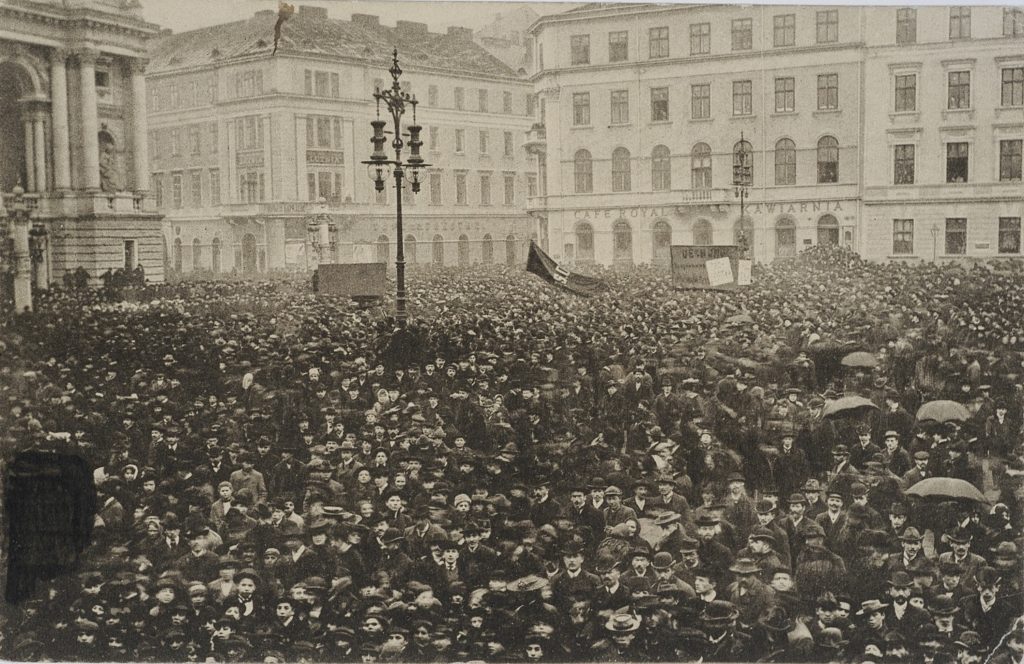
General strike on 28 November
According to the government-run periodical Gazeta Lwowska, 3,500 people gathered at the City Hall on Tuesday at 10:30. Obviously, such a number could not fit in the courtyard, so about 3,000 remained on the Rynok Square. After the speeches of the social democratic leaders, the demonstrators organized a march in which (again, according to the government-run newspaper) about 6,000 demonstrators took part. In their hands, some of them carried banners calling for the elimination of the curial voting system and the introduction of universal, direct and secret suffrage.
At 3:00, a play (The Wedding by Stanisław Wyspiański) was presented for the workers in the City Theater, Mykola Hankevych speaking during the intermission. They left the theater in an organized manner, making mainly for the workers' associations.
The organization of the strike was also a success: many enterprises and shops did not work on that day. Until 13:30, during the workers' marches through the city, horse-drawn and electric trams did not run. The railway and the mills were working as usual. In addition, the police quickly stopped the attempts of the rally participants to "pressure" the owners of open shops or to force them to close.
After the rally
The event’s massive character and organization were noted even by political opponents, in particular by the Słowo Polskie. Traditionally, they condemned students’ and schoolchildren’ "involvement in politics."
The government-run Gazeta Lwowska, where one could rarely see an exaggerated number of participants in a socialist rally, reported on a 6,000-strong column of demonstrators.
The City Council also advocated "the broadest reform in order to involve all layers of society in political life, because this is a matter of national importance." At the same time, the City Council itself was not elected according to such a principle, as there was a high property qualification.
The social democrats managed to ensure the massive character of their events. So it appeared, in particular, that the combination of urgent social issues (labour one or that of the electoral reform) with the problem of national solidarity was a successful political decision. Thus, in Lviv, which was not an industrial center, it was possible to mobilize not only workers (there were few) but also all supporters of the reform and many sympathizers of the Russian revolutionaries and stand in line with such industrial centers as Vienna and Prague on the day of the prime minister's speech in the parliament.
